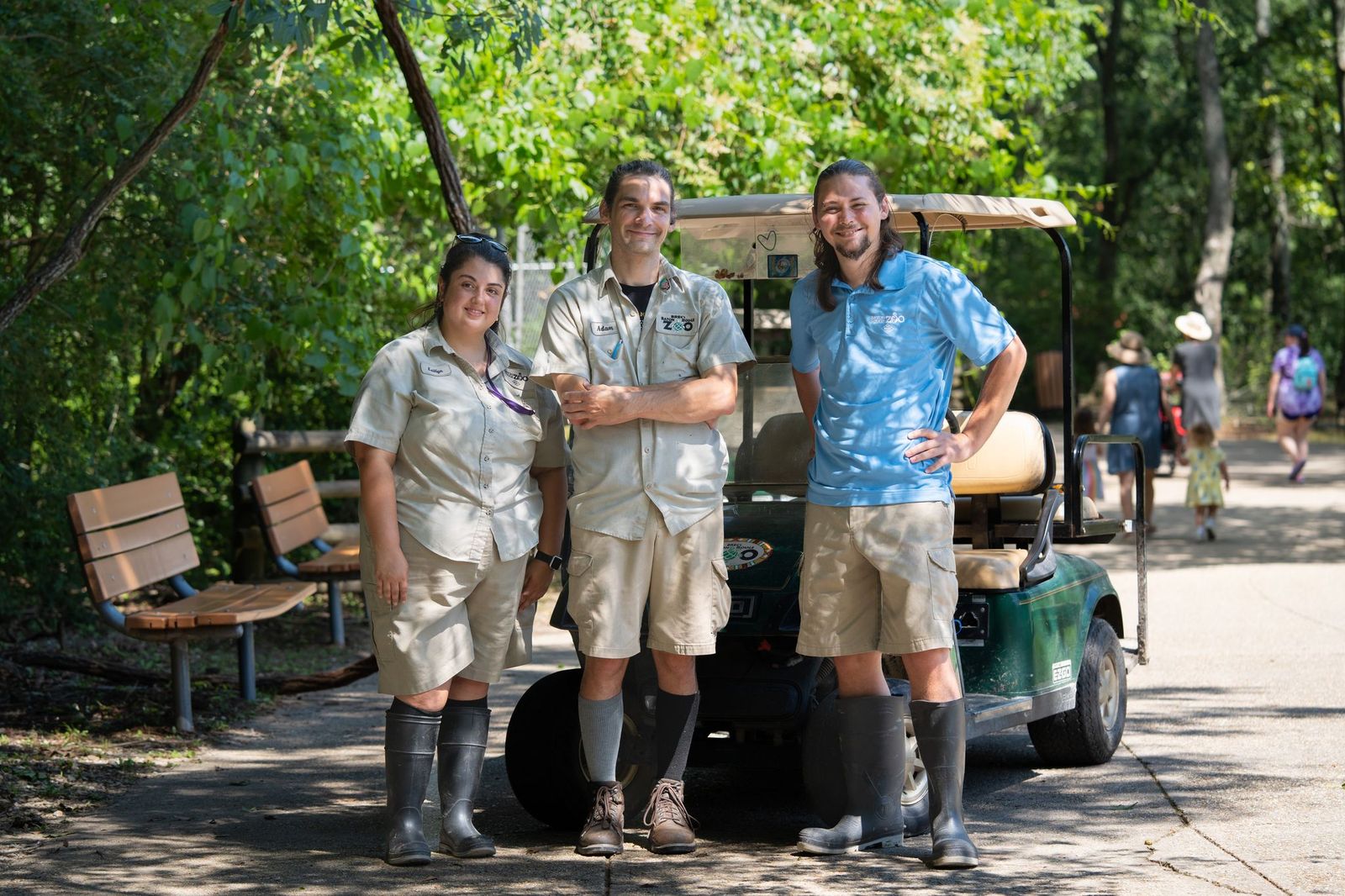- The vital role of zookeepers in animal care and their contributions to wildlife conservation.
- The day-to-day responsibilities and routines of zookeepers, highlighting the skills and knowledge required.
- The intersection of zoology and environmental stewardship in the daily work of zookeepers.
- An exploration of the educational and public engagement roles of zookeepers within zoological institutions.
- Challenges faced by zookeepers and the innovative solutions helping overcome these obstacles.
Zookeepers are the unsung heroes of the animal kingdom. Though often overlooked, their work is essential for the survival and well-being of countless species. Zookeepers are crucial in the care of animals, nurturing them on a daily basis while also playing a key role in wildlife conservation. By managing breeding programs and engaging in research, they contribute to preserving biodiversity. Moreover, their efforts aid in maintaining healthy populations of endangered species, often collaborating with global conservation initiatives.
In terms of daily tasks, zookeepers engage in myriad activities that require both skill and knowledge. They must be adept at recognizing changes in animal behavior, which can indicate stress, illness, or injury. Feeding, cleaning enclosures, and monitoring health are fundamental aspects of their responsibilities. However, zookeepers are not simply caretakers; they are also educators and communicators. They often serve as the bridge between wildlife and the public, delivering educational presentations and engaging visitors to foster a greater appreciation for the natural world.
Zoology and environmental stewardship are closely aligned with the daily activities of zookeepers. Their work supports the ecological health of the species under their care. Understanding animal behaviors and social structures is integral to creating environments that mimic natural habitats. This helps reduce stress and improve the quality of life for zoo animals. Zookeepers often collaborate with veterinarians and other specialists to ensure holistic care, ensuring physical and mental health are optimal for the animals.
The educational role of zookeepers cannot be understated. By engaging with the public through tours, talks, and demonstrations, they highlight the importance of wildlife conservation. Through these interactions, visitors learn about species and their habitats, threats to their survival, and conservation strategies. Such educational efforts are essential in building a conservation-minded society that values biodiversity.
Challenges are inherent in the role of a zookeeper. They face issues such as limited resources, climate change impacts, and the need for constant adaptation in husbandry practices. Innovations such as advanced enrichment techniques and new medical technologies are increasingly employed to address these challenges. Zoos are also becoming more integrated into global conservation networks, using technology to share data and collaborate on a worldwide scale.
Zookeepers are truly the MVPs of the animal kingdom. Their work extends far beyond mere animal care; it is an intricate tapestry of science, education, and conservation. By understanding the complexities of their role and the depth of their contribution, we can appreciate the dedication and expertise that go into safeguarding our planet’s biodiversity.
*****
Source Description
Zookeepers: the real MVPs of the animal kingdom. 🏆🐾


